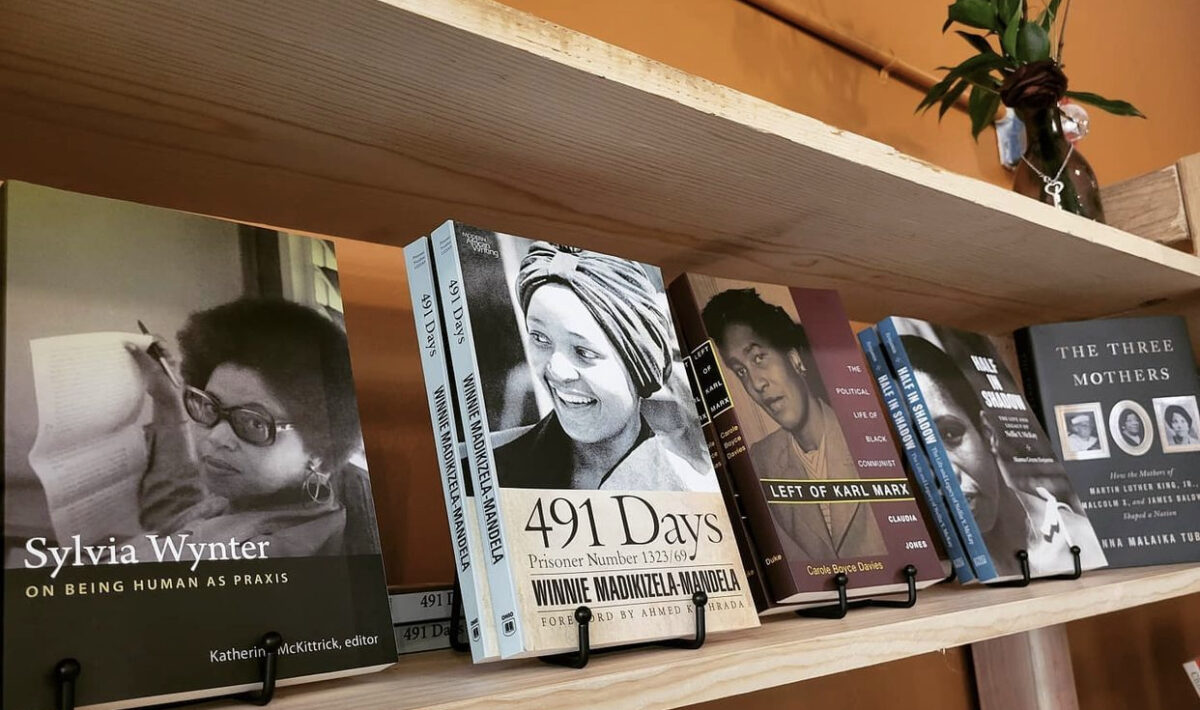Not a day goes by that I’m not in conversation about racial justice, social reform, and the who-what-why-how of putting the “human” back in humanity. Frankly, it’s exhausting. I’ve realized that it’s hard for many to stomach the truth: it’s time for a revolution.
Revolutions are grueling, so instead, folks would rather discuss “reforming” or “reimagining”—all euphemisms for “preserving the status quo.” I’ve been contemplating what it truly means to revolutionize and to be a revolutionary—reflections that inspired a recent trip to Haiti (more on that later!).
Ironically, when I sat down with the owners of Rofhiwa Book Café, “revolutionary” was the first word I could muster to describe their work, their vision, and them. As children of the South African freedom struggle, Bev Tumi Makhubele and Naledi Yaziyo understand the costs of liberation. AND. IT. SHOWS. The concept of Rofhiwa Book Café is deliberate, yet radical—a subtle nod to strategies adopted by generations of disruptors.
At the crux of Rofhiwa’s mission is getting Black writing into Black hands, or in the words of Naledi and Bev, “showcasing the dexterity of Black writers” because “Black people write all kinds of shit.” If only it were as simple as buying and selling books! Putting Black writing into Black hands requires (1) challenging publishing economies that bury and stifle Black voices, and (2) resisting a literature structure that prevents authentic engagement with the many, many portraits of Black life. Rofhiwa celebrates a world with different types of Black people, creating access to understandings of Blackness outside of colonialism, outside of relationships to the state, outside of a unity forged by the two. And, of course, the fingerprints of Black contractors, coffee roasters, and artisans envelop Rofhiwa’s East Durham location.
This, my friends, is a revolution. Support the movement at www.rofhiwabooks.com!
Cheers to revolutionary thought, revolutionary paths, and the revolutionary.








